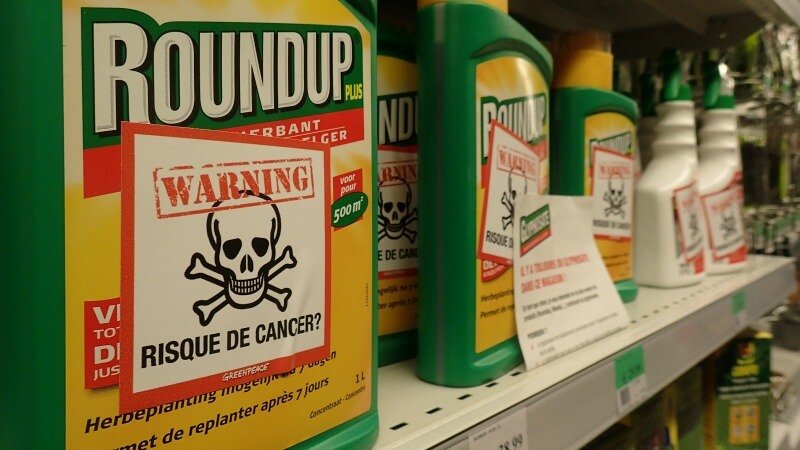As cases in federal court and several state courts delve into whether there is evidence that glyphosate causes cancer, a scientist with a consumer advocacy group says there is nothing to fear from the popular herbicide.
“There’s no such thing as an evil chemical. There are chemicals that are useful, not so useful, both. It’s all a matter of toxicity and dose. That’s what determines the harm of any chemical,” says Josh Bloom, the director of chemical and pharmaceutical sciences for the American Council on Science and Health. “You can’t even find anything safer in terms of a lethal, acute dose” than glyphosate, in terms of herbicides.
…
Bloom classifies fears of glyphosate alongside fears of things like fluoride, aspartame and vaccines.
…
In the case of glyphosate, Bloom says there are other forces behind the fears — forces that are not based on science. Part of the issue, he speculates, is that people don’t understand organic foods use herbicides and pesticides and that herbicides and pesticides are necessary parts of food production.
“The organic pesticides and herbicides, as a group, are really no better or worse than the ones that are used in ‘big agriculture,'” Bloom says. “The organic industry has succeeded in fooling people into thinking there are no chemicals in their organic lettuce.”
Read full, original post: Trial takes on glyphosate cancer claims































